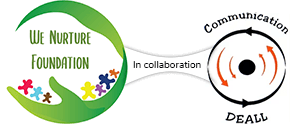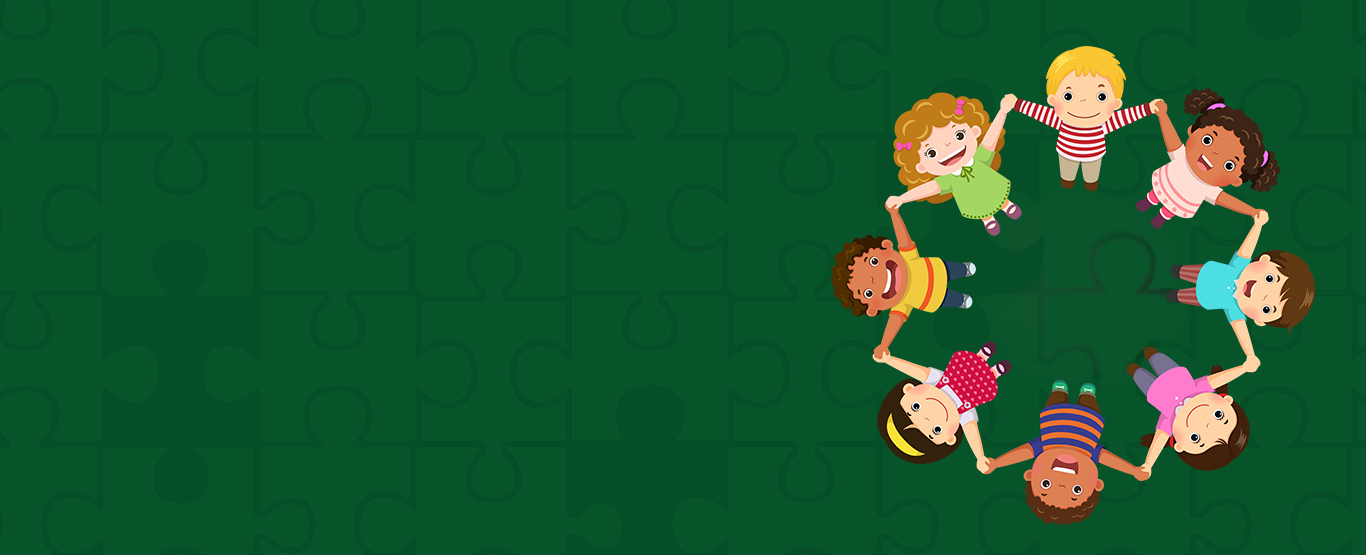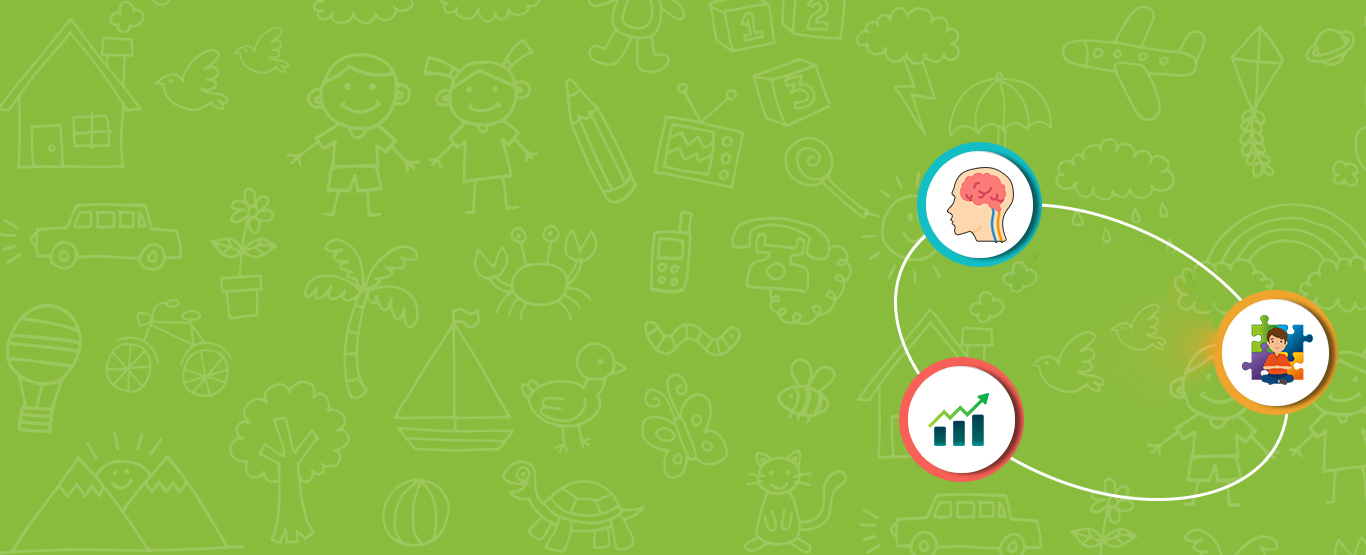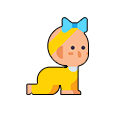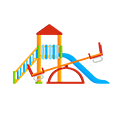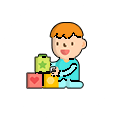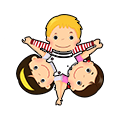About
We Nurture Foundation
A child with developmental difficulties needs much more than a clinical solution. WNF works on the issues from a holistic lens of creating a better quality life for the child. It not only helps the child learn age-appropriate milestone skills but also extends an open and inclusive learning space beyond intervention.
What we do
We strive hard to create equity and inclusion at any educational level including classrooms, society and our community.
Take this quick test to check if your child needs further assessment and get the score emailed to you.
Quick-CheckWork for the cause, join our Foundation
Partner With UsWhy We Nurture Foundation?
Our approach is one-of-its-kind because we look at the child holistically and offer multi-level, interdisciplinary remedial therapies. Our in-house therapists collaborate and work with the child to achieve the desired developmental goals specific to the child.
-
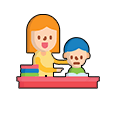
Individual
Sessions for Kids
-

Dedicated
team of Specialists
-

Free
Consultation
-

Friendly
Environment to indulge
How to get an evaluation done?
Evaluation is a tool to rule out any possible underlying symptoms hindering your child’s potential growth. Our thorough analysis will put your mind at rest; know that your child is in safe hands.
Our evaluation procedure involves:

Step 1
Clinical interview with the family

Step 2
Pre-assessment questionnaire

Step 3
Appointment with the child and caregiver, a detailed assessment report with feedback from professionals

Step 4
Discussion of reports and counselling family on the way forward
Schedule a Consultation

Communication DEALL
The Communication DEALL (Developmental Electric Approach to Language Learning) is an early intervention program for children with any developmental disorder.
FAQ
It’s never too early for a diagnosis. If you feel “something is not alright” with your child’s behaviour or physical development, getting an assessment and an intervention, if recommended, is always the best solution. Early intervention can help with several developmental issues.
Diagnosis, along with a detailed assessment report of the child’s developmental skills, is the most crucial step towards understanding any red flags in your child’s growth chart. A detailed analysis will help you identify the specific issues and then choose the right course of action for your child.
Each child is different, so are the problem areas. A child might need a mix of various therapies. Therapists will first help build fundamental skills like increasing sitting tolerance, responding when called or brushing the teeth, then daily life skills like climbing the stairs or using the toilet, and then language skills and social skills, and so on. The first step is to choose an intervention program that addresses all the issues specific to your child. You can choose to enrol your child at a development centre or carry out the program at home. These skills are taught gradually at the child's pace. Sudden changes to routine are strongly discouraged. It is crucial to maintain a natural and happy relationship with the child. Your child needs your love and acceptance more than anything else.
It’s not the end of the road. Depending upon the severity of the symptoms and the age, early intervention and the right mix of therapies can help your child lead a better quality life. Even though there is no known cure or quick fixes, several children show exemplary improvement with consistent remediation. The results are slow to show initially, but the progress is incremental. It is necessary to keep the faith and work with your child.
